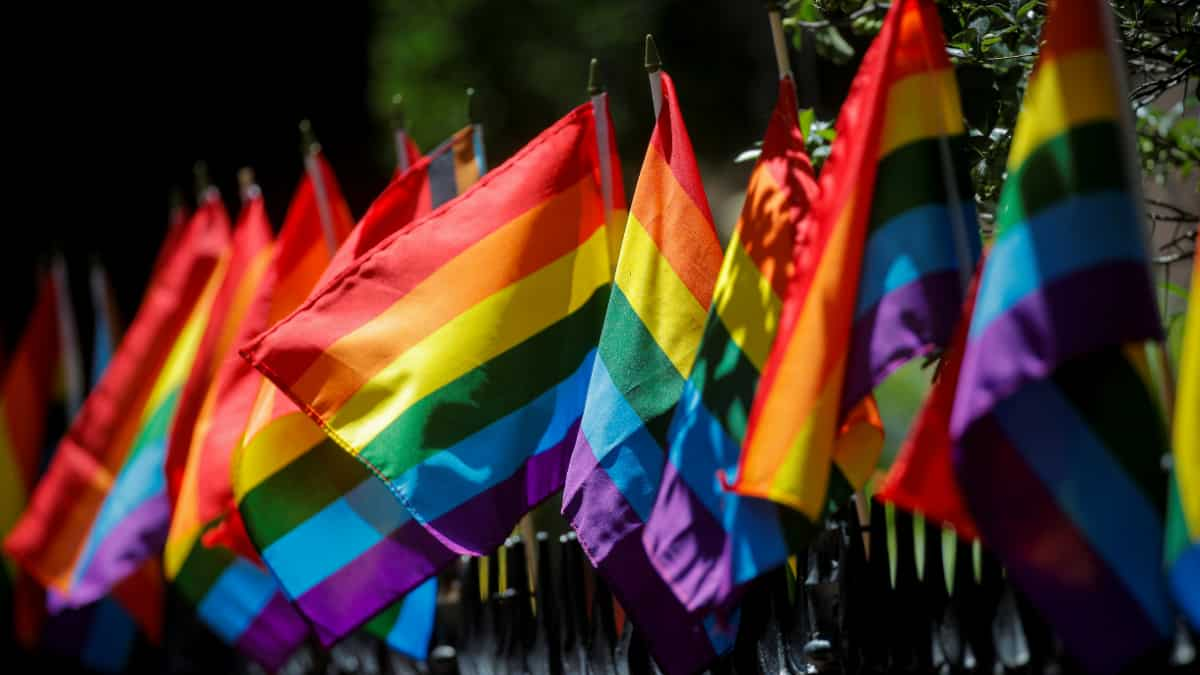Iraq Passes Law Criminalizing Same-Sex Relationships
On Saturday, April 27, Iraq passed a new law that criminalizes same-sex relationships, imposing a maximum prison sentence of 15 years. This legislation marks a significant blow to the LGBTQ community in the country, aiming to protect Iraqi society from what is perceived as moral depravity and the influence of homosexuality.
Key Points of the Law
- The Law on Combating Prostitution and Homosexuality imposes a minimum of 10 years and a maximum of 15 years in prison for engaging in same-sex relations.
- Individuals promoting homosexuality or prostitution face a minimum of seven years in prison under this law.
- Changing one’s “biological gender” or dressing in an effeminate manner can lead to one to three years of imprisonment.
Reactions and Condemnation
Rights advocates have strongly condemned the law, viewing it as a severe violation of human rights. Rasha Younes, deputy director of the LGBT rights programme at Human Rights Watch, criticized the legislation as a reinforcement of Iraq’s history of rights abuses against the LGBTQ community.
Before its passage, Iraq did not explicitly criminalize homosexual acts, but vague morality clauses in the penal code were often used to target LGBTQ individuals. Members of the community have faced violence from armed groups and individuals.
Initial Controversy and Amendments
The initial version of the law included the death penalty for same-sex acts, but it was amended following strong opposition from the United States and European countries. The legislation found support primarily among conservative Shi’ite Muslim parties in Iraq, which have intensified their criticism of LGBTQ rights in recent years.
Rainbow flags have been burned in protests by various political factions, reflecting a growing hostility towards LGBTQ individuals in the country.
















































